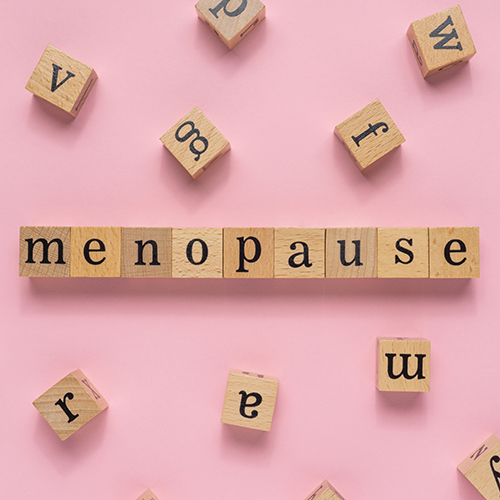Until many women reach the point in their life when they start experiencing menopause symptoms their knowledge is patchy at best.
Incredibly, the State of Menopause Study, showed that 29% of respondents didn’t look for any information on the menopause until they actually began to experience it. And almost three quarters of respondents (73%) experienced symptoms but didn’t seek help to treat them. Healthcare platform, Healthily, has shared some of the lesser known menopause symptoms and what to do if you experience them.
- Painful sex
During menopause, one of the unknown symptoms can be painful sex. This is due to the changes that the body is going through during this time, which can also have an impact on sex drive.
If you’re particularly worried about this, a GP may be able to help depending on the symptoms that you’re experiencing.
- Dry skin
Another less known about symptom of menopause is dry skin. The skin may feel thinner, drier, or even less elastic. Moisturiser can help with this, along with an SPF to protect from any further damage.
It’s also possible that your skin can get damaged and bruised easier during menopause.
- Urinary tract infections (UTIs)
UTI’s can be common when someone is going through menopause. The urethra (the passage your urine uses as it makes its way out of the body) becomes shorter and the lining gets thinner.
If you’re concerned about any UTI’s when experiencing menopause, make sure to contact your GP.
- Fractures
Bones can become weaker when experiencing menopause due to a decrease in oestrogen levels.
If this happens, it can develop quite quickly into Osteoporosis which is a condition that makes bones weaker and more likely to break. It’s important to have a balanced and healthy diet to reduce the risk of this. Try to eat foods that are rich in calcium, including milk, cheese, kale and fish.
- Brittle nails
One thing to look out for is nails becoming weaker and breaking more easily. Like some of the other symptoms mentioned, this is down to the reduction in oestrogen levels.
Make sure to use a moisturiser and keep your nails trimmed to help with this. If your skin around the nail becomes increasingly sore, make sure to see your GP.
- Hair loss / thinning
This symptom may be quite worrying for some people, however using soft shampoos, and eating a well-balanced diet can help with hair loss.
Having a low intake of iron, iodine, B-vitamins or zinc are linked to hair loss, therefore eating foods rich in these can help further.
- Aches and pains
During menopause, your body may start to feel painful and swollen – this tends to be most common in smaller joints such as hands and feet.
It’s important to see a health care professional if these are affecting your day-to-day life dramatically.
- Problems with memory and concentration
Due to the hormone imbalances experienced during menopause, you may experience trouble concentrating on tasks or remembering things. This can be down to hormone imbalances that the body is going through.
Healthily has launched an app so that real women can share self care tips and advice on the My Menopause Story platform. For more click here.
Platinum expert, Dr Marion Gluck, explains the science behind your hormones and their influence over your metabolism and thyroid health post-menopause. To read more click here.









